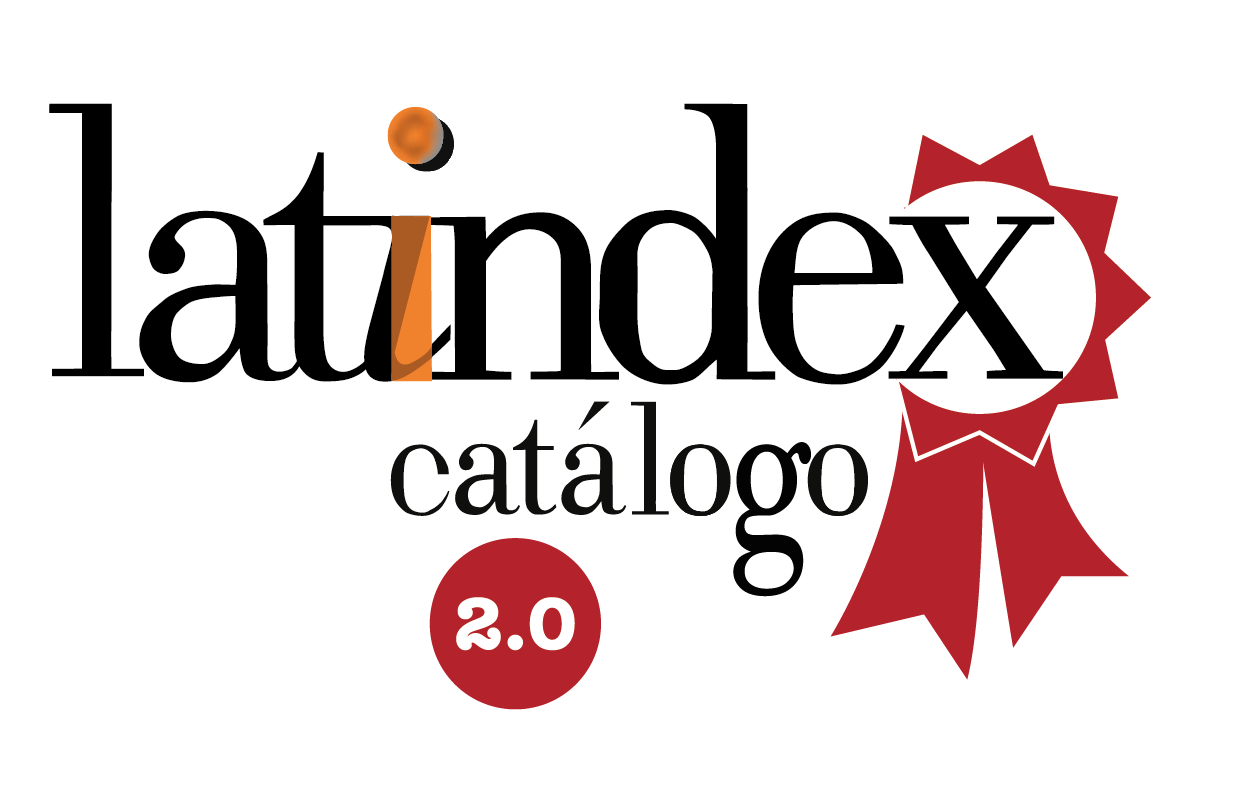Pibxs en Emergencia
DOI:
https://doi.org/10.35305/cp.vi11.204Keywords:
Youth, Emergency, Public policy, Punitive apparatusAbstract
The representation of children begins in modern times, with the
construction of the tutelary paradigm or Irregular situation. In Argentina, it crystallizes in the law 10.903 of patronage of minors (1919) and
formally governed until the enactment of a new regulatory framework that conceives children as subjects of
Law –Convention on the rights of the child (1989), national Act No. 26.061 (2005) and Bill Provincial 12.967 (2009). This paradigm shift occurs at the same time clinching the neo-liberal model, which involved for the Argentine social structure deep transformations, accompanied by processes of naturalization of inequality, the criminalization of poverty as a central element of these processes. Reinforce the ideas of social dangerousness, constructing a stigma that enables cutting repressive interventions on neighborhoods and youth. Social policies are insufficient to transform the conditions of violation of the rights of the child and juvenile population, so it is imperative to prioritize public policies to the girls, boys and adolescents. From the Assembly for the rights of children and youth, we promote the Declaration of public emergency in the field of childhood and youth in Rosario.
Downloads
References
AXAT, J. “Pibes “bien” que salen de caño (sistema penal juvenil e impunidad clasista)”, en: Diario Página/12, Buenos Aires, 10/05/2014.
BAUMAN, Z. “La ética del trabajo y los nuevos pobres”, en: BAUMAN, Z. Trabajo, consumismo y nuevos pobres, Barcelona, Gedisa. 2005. pp. 99-126.
BUSTELO GRAFFIGNA, E. El recreo de la infancia. Argumentos para otro comienzo. Buenos Aires, Siglo XXI. 2007.
Colectivo de Investigación Militante sobre jóvenes y poder punitivo. http:// jovenesypoderpunitivo.org/.
DAROQUI, A. “La cárcel del presente, su sentido como práctica de secuestro institucional”, en: GAYOL, S. y KESSLER, G. Violencias, delitos y justicias. Buenos Aires, Manantial, 2002. pp. 191-204.
Diario Página/12, Buenos Aires, 6 de junio de 2013. Diario Página/12, Buenos Aires, 10 de mayo de 2014.
FOUCAULT, M. “Ilegalismos y delincuencia”, en: FOUCAULT, M. Vigilar y castigar. Nacimiento de la prisión. Buenos Aires, Siglo XXI, 1989. pp. 261-299
GARLAND, D. “La sociología del castigo y el castigo en nuestros días”, en: GARLAND, D. Castigo y sociedad moderna. Un estudio de teoría social. México, Siglo XXI. 1999. pp. 17-38.
KESSLER, G. “Miedo al crimen. Representaciones colectivas, comportamientos individuales y acciones públicas”, en: ISLA, A. (Comp.) En los márgenes de la ley. Inseguridad y violencia en el cono sur. Buenos Aires, Paidós, 2007. pp. 69-99.
OBSERVATORIO DE LOS DERECHOS DE LA NIÑEZ Y ADOLESCENCIA. Provincia de Santa Fe. Informe 2013. [En línea: 15/ 04/ 2014] Disponible en: http://www. defensorianna.gob.ar/novedades/descarga-el-1-informe-del-observatorio-de-los-derechos- de-la-ninez-y-la-adolescencia-de-santa-fe.html.
PEGORARO, J. “Las paradojas del control social punitivo”, en: Revista Delito y sociedad, Año 17, N° 25. Buenos Aires, Facultad de Ciencias Sociales (UBA), Instituto de Investigaciones Gino Germani, 2008. pp. 7-33.
RANGUGNI, V. “Emergencia, modos de problematización y gobierno de la in/seguridad en la argentina neoliberal”, en: Revista Delito y sociedad, Año 18, Nº 27, Santa Fe, Ediciones UNL, 2009. pp. 23-44.
WACQUANT, L. “Prefacio a la edición para América Latina. Mister Bratton comes to Buenos Aires”, en: WACQUANT, L. Las cárceles de la miseria, Buenos Aires, Manantial, 2000. pp. 165-171.











